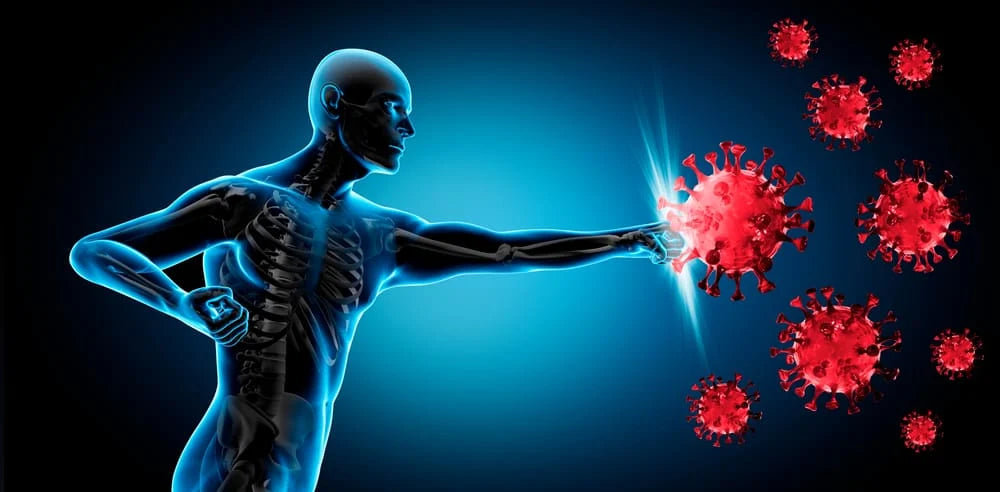
The Immune System
Share
The immune system is the body's defence mechanism against diseases.
It is a complex network of cells, tissues, and organs that work together to protect the body from harmful substances, like bacteria, viruses, and other pathogens, as well as abnormal cells like cancer cells.
It also recognises and removes dead and faulty cells.
Essentially, the immune system is the body's way of fighting off illness and staying healthy.
Defence: The immune system's primary role is to defend the body against pathogens and other harmful substances.
Distinction: It distinguishes between the body's own healthy cells and foreign substances, attacking the latter.
Cells and Organs: It involves various cells, like white blood cells, and organs, such as the lymph nodes, spleen, and thymus gland.
Response: When a pathogen is detected, the immune system launches a response, which may involve the production of antibodies and the activation of other immune cells to neutralise or eliminate the threat.
Memory: The immune system can "remember" past encounters with pathogens, allowing for a faster and more effective response upon re-exposure.
